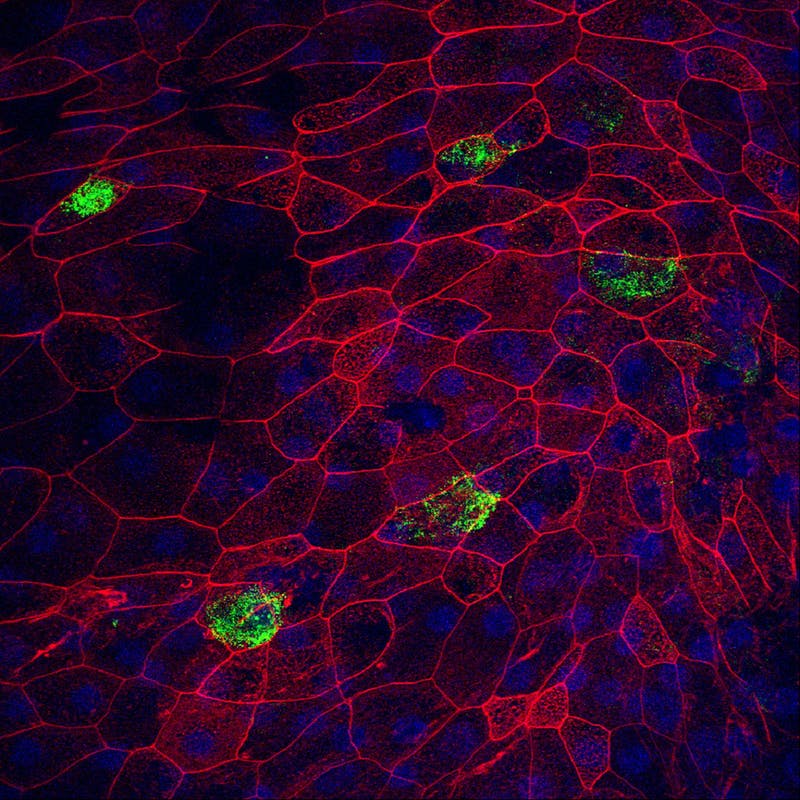Researchers over at Harvard’s Wyss Institute for Biologically Inspired Engineering have been working on a new project that involves the development of a human Organ-on-a-Chip (Organ Chip) technology. Backed by the National Institutes of Health (NIH), the aim of this project is to create models of influenza in the lung in order to develop new anti-viral therapies that work by targeting host response factors.

The project is being led by Donald Ingber, M.D., Principal Investigator (PI) and Wyss Founding Director as is just one of many similar initiatives that are taking place around the world. The company would like to be able to push the development of more advanced pre-clinical human models as they recognize more than 60% of drugs currently fail when undergoing human clinical trials.
One of the reasons why anti-influenza drugs haven’t really been explored much is largely down to the fact that animal models don’t accurately reflect how the flu virus affects us, humans. In the upcoming study that the Wyss team will be involved in, researchers will use lung Small Airway and Alveolus Chip devices to produce accurate models that will demonstrate diseases including chronic obstructive pulmonary disease (COPD), pulmonary edema, and asthma.
These Lung Chips contain two hollow channels less than a millimeter wide that are separated by a porous membrane. On the porous membrane on one channel lung alveolar cells or airway epithelial cells are formed and on the other channel of the membrane lung capillary endothelial cells are grown. By pumping air through the lung epithelial channels the team are able to study and effectively manipulate these manufactured organs. Breathing motions of the living lung are also replicated.
“Virtually all existing anti-viral drugs target the virus itself, however, the ability to study influenza infection in human Lung Chips also allows us to study the host response to infection in a highly controlled way,” said Ingber. “We hope to leverage this new capability to develop a new class of anti-influenza drugs that effectively make the lung tissues resistant to viral infection.” By linking both the lung Airway and Alveolus Chips together the researchers are hoping to mimic the natural course of influenza infection. This is as well as expanding the lung infection model by coupling human Liver Chips with the Lung Chips.
James Collins Ph.D., Co-Investigator and Wyss Institute Core Faculty member, will also become part of the team and lend his expertise in synthetic biology to the project. Together the team will assess genome-wide changes in gene expression using integrated multi-omic analysis and bioinformatics approaches. They’ll also note alterations in the synthesis of metabolites and proteins resulting from infections found within the lung Organ Chips.
More News to Read
- Researchers Discover Ground Ice on the protoplanet Vesta
- Scientists Uncover Evidence That Suggests Mars’ Crust Isn’t As We Thought
- Researchers Have Developed a Prototype Smart Pill to Diagnose and Treat Diseases
- Move Across Even the Deepest of Snow With Ease With Drift Boards
- Keep Safe and Be Seen With the Next Generation Million Mile Light











